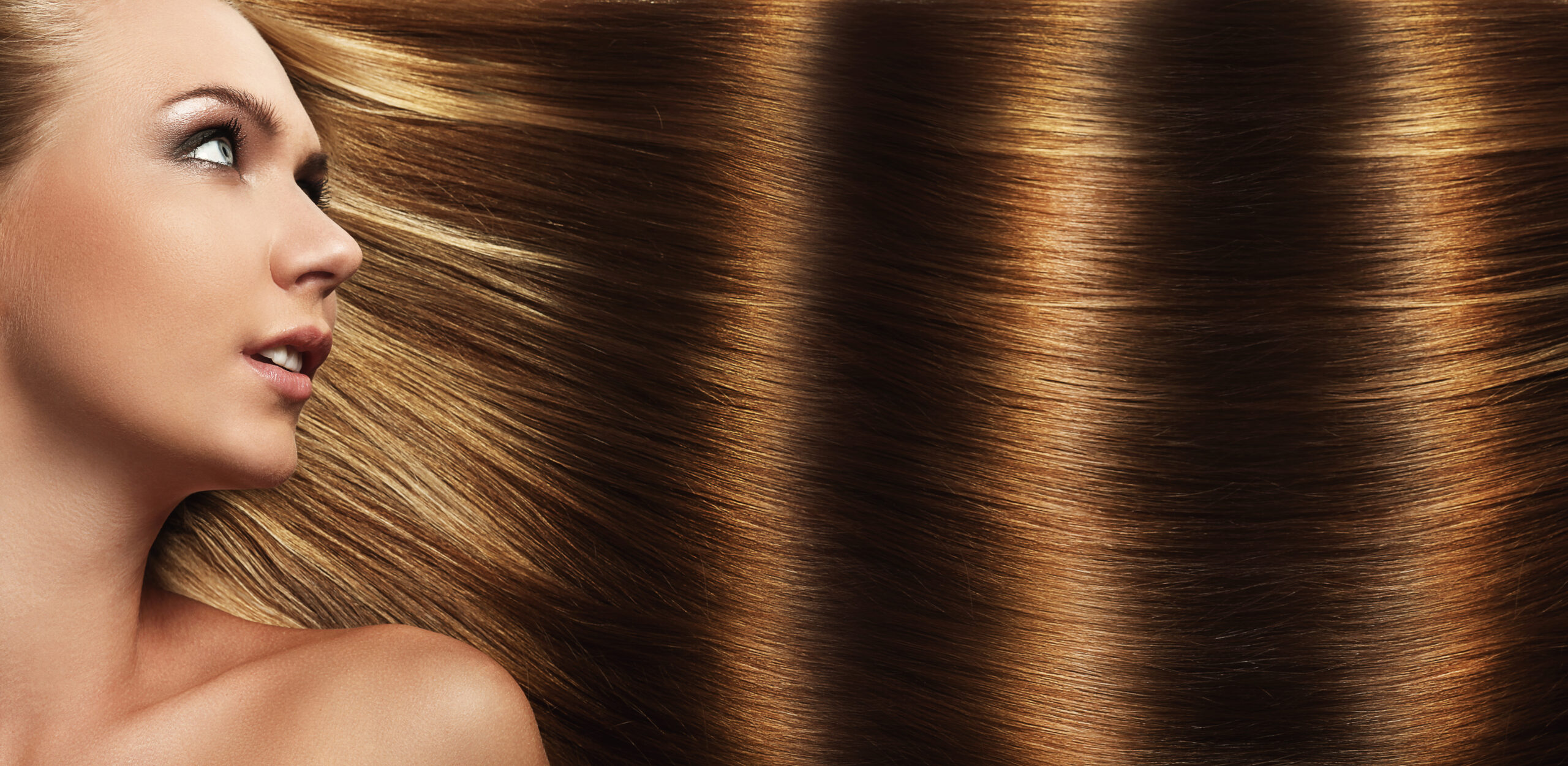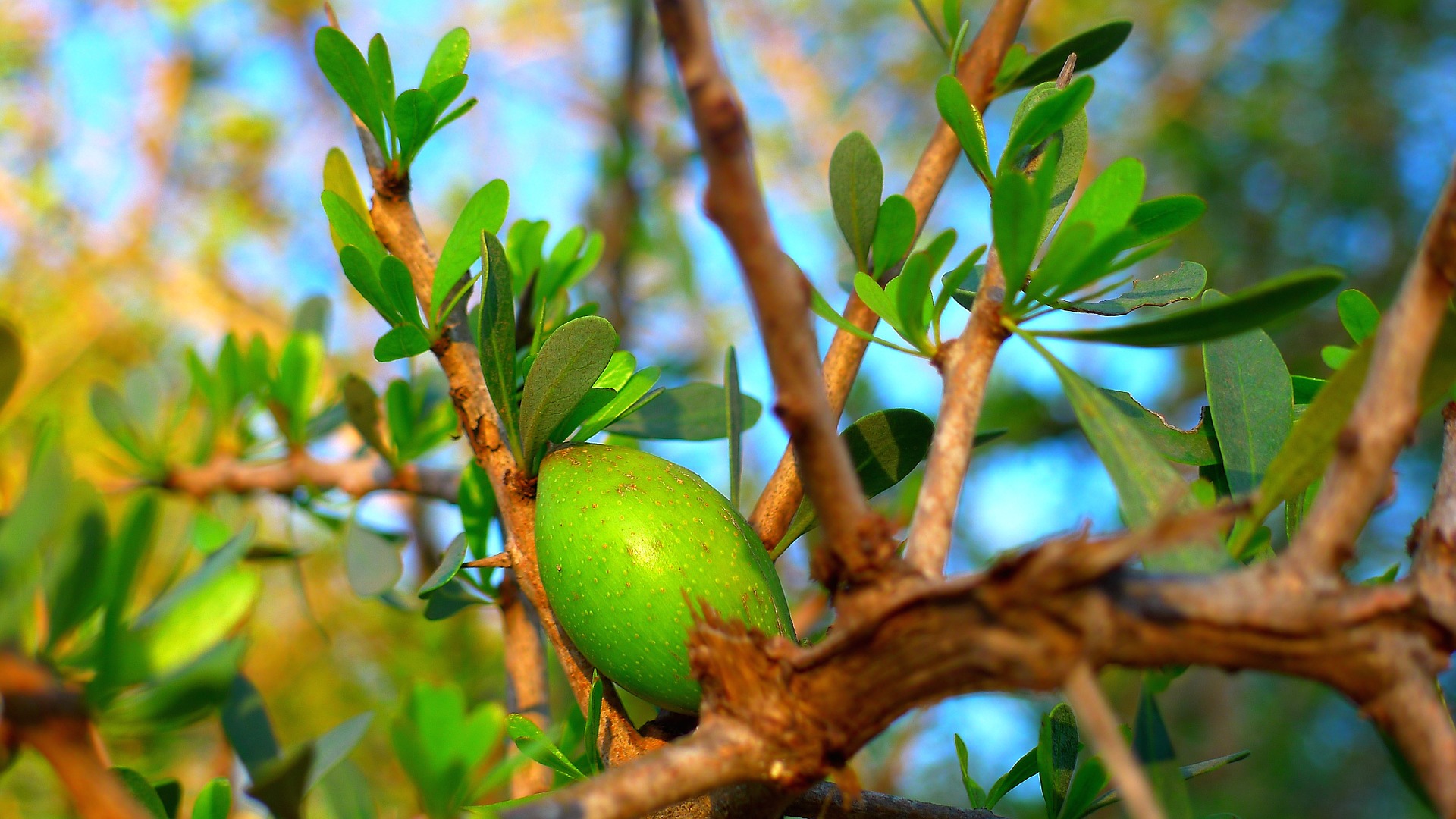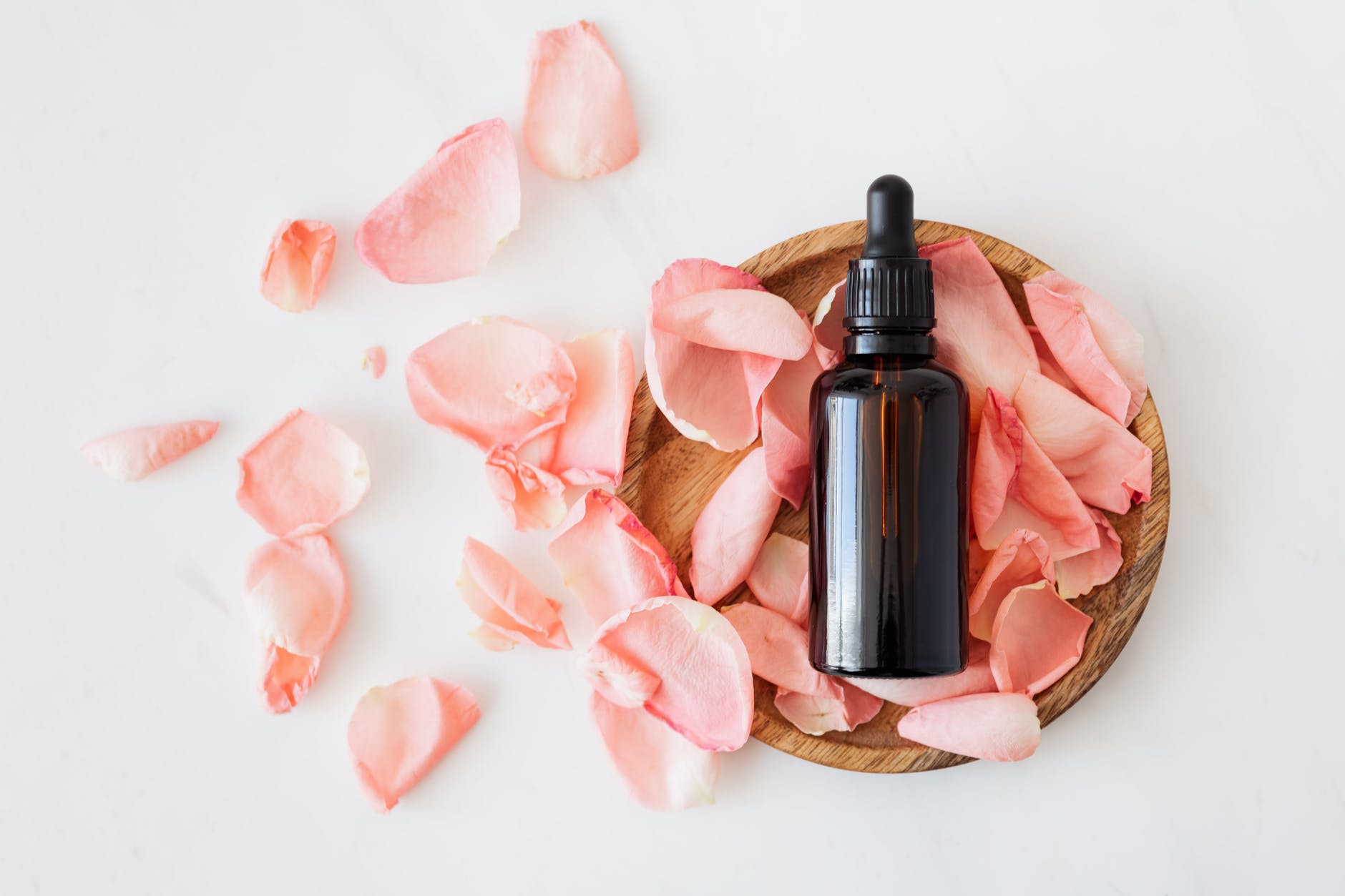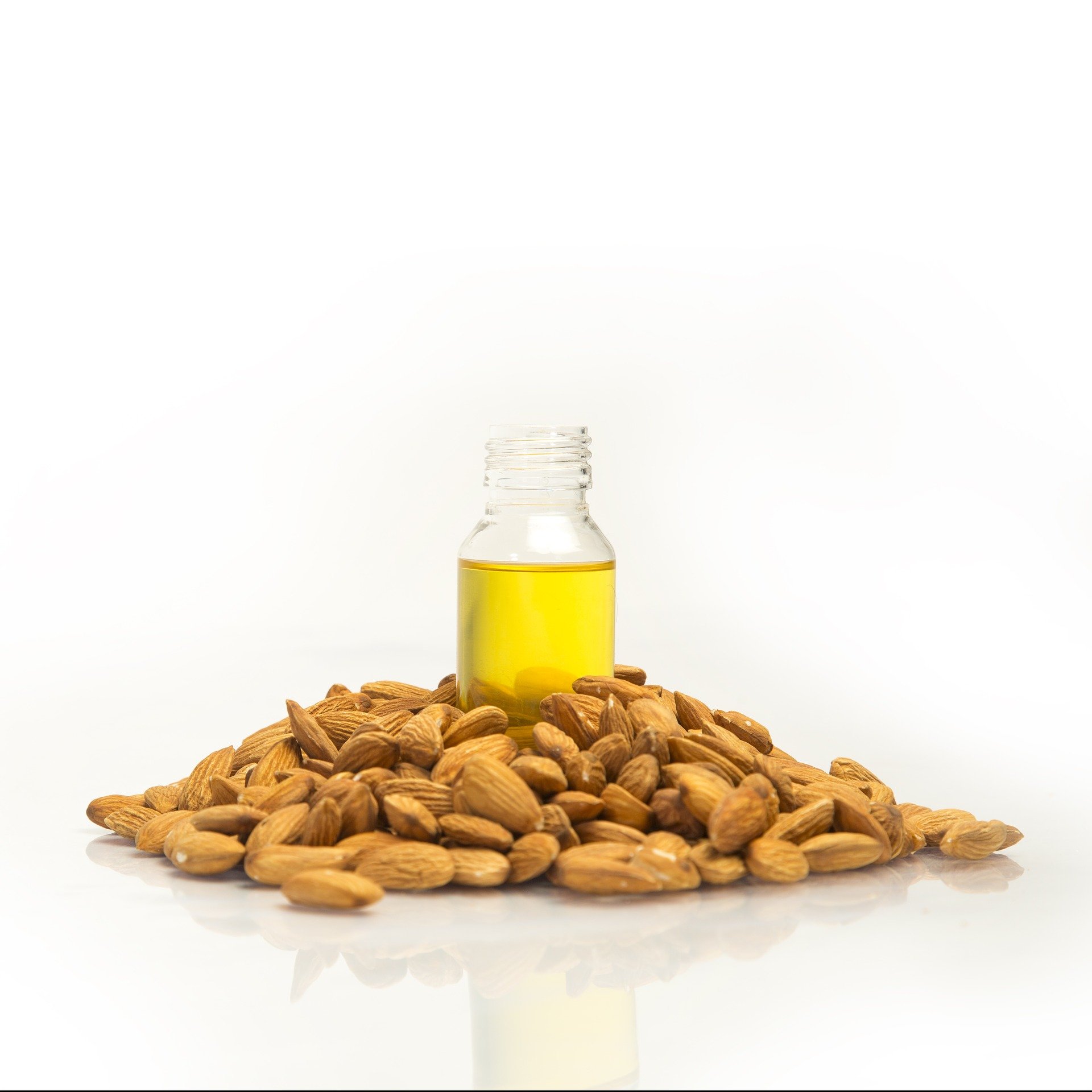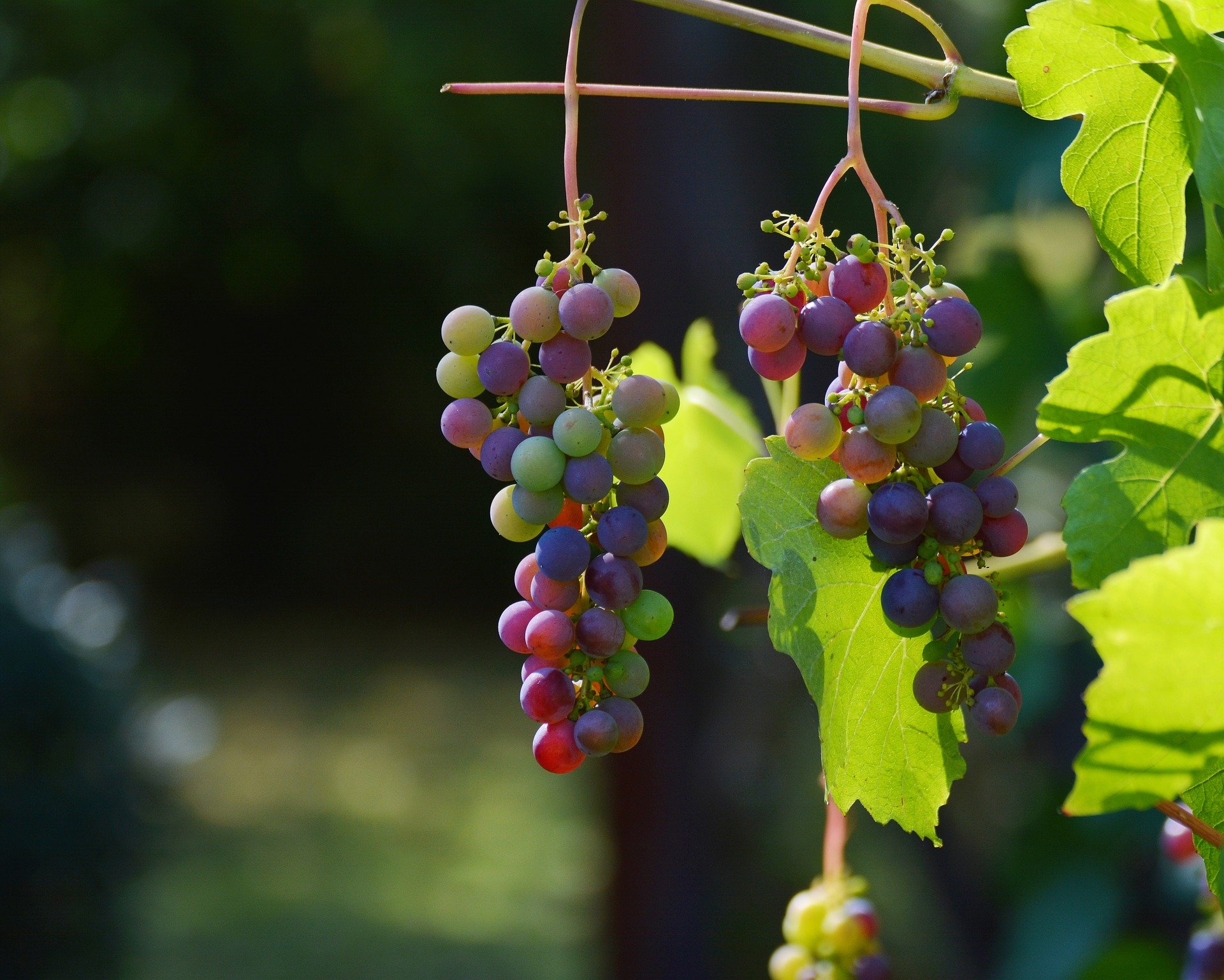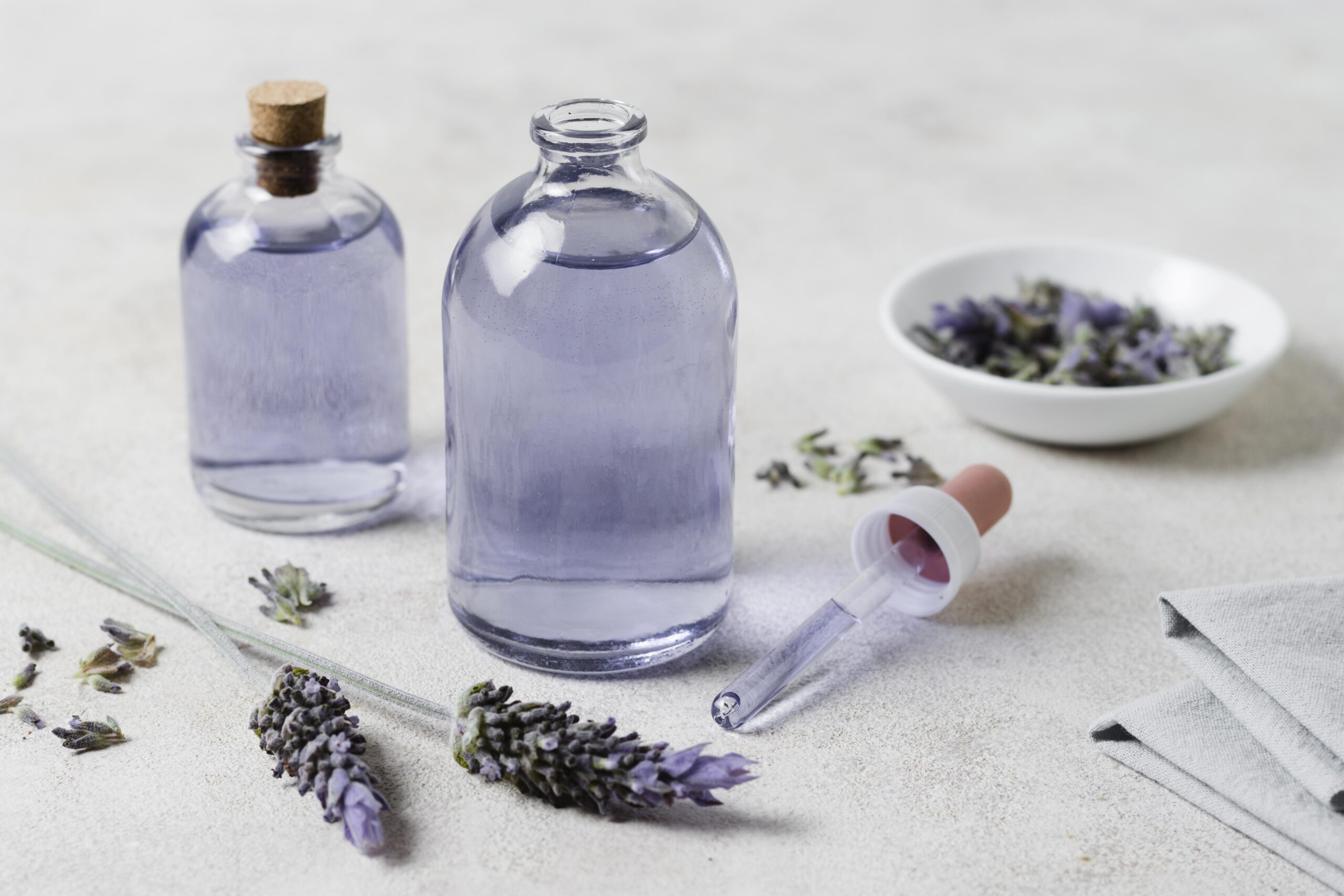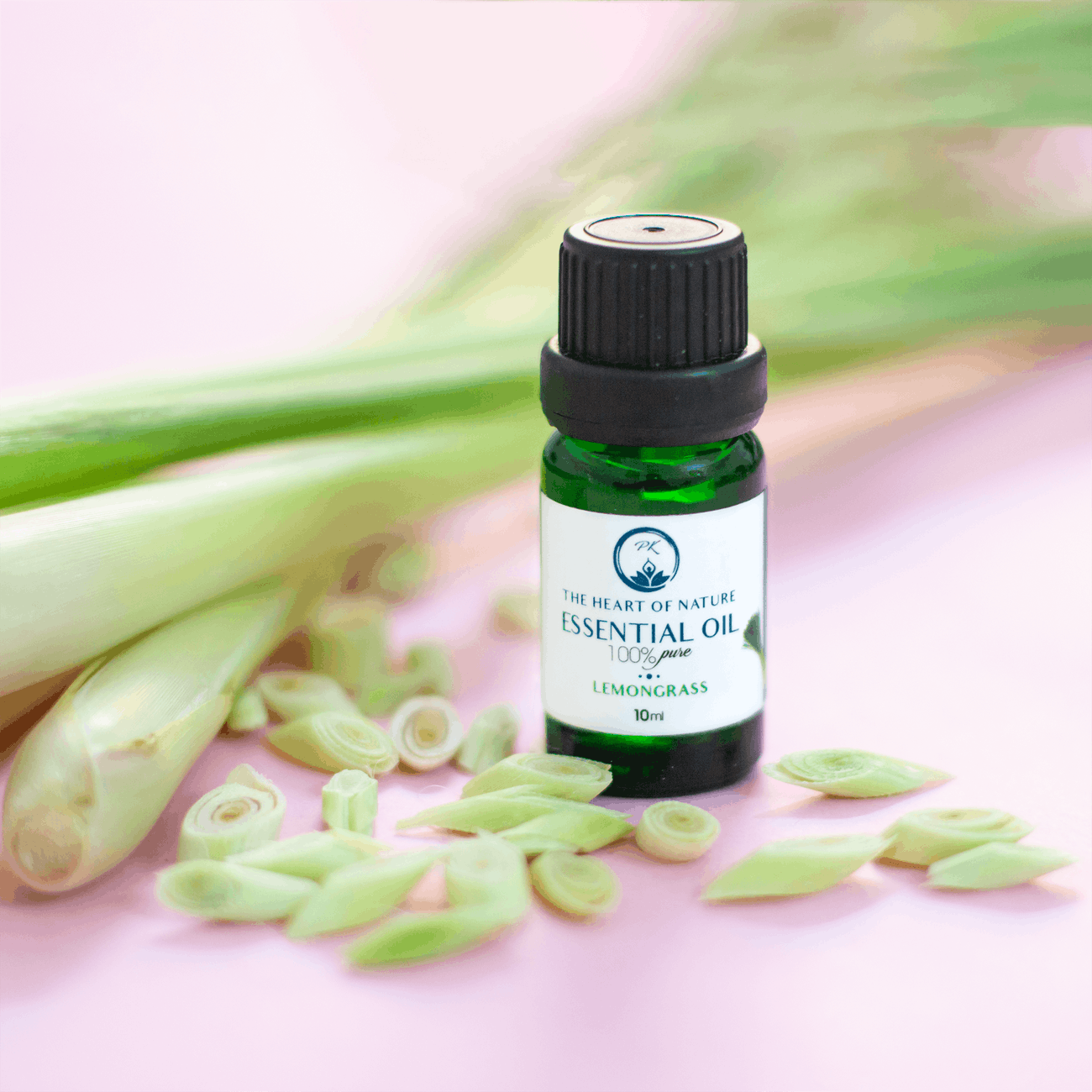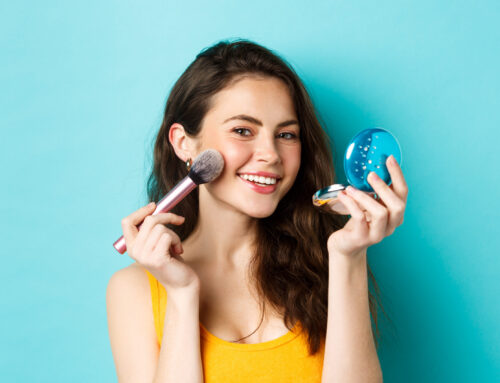You have already read the title of this post, so there is no need to rehash it. However, I should point out that the first keyword in this blog post is hair oil. This keyword has shown a significant spike in search since 2017 and will likely continue to rise as more people adopt healthier lifestyles. The second keyword we will be discussing is hair health which also shows an upward trend in searches over time but not as much as hair oils do. Hair types are also included on this list of keywords because they show a steady increase in searches over time and often return results for different topics such as hairstyles for curly hair or how to style short hair when you don’t know what else to do with it. The increased popularity of organic, GMO-free foods has led to the trend of green beauty. A Harris Poll survey revealed honest-and-true.com 53% of women over age 18 use all-natural hair care products. When it comes to hair care, there are a number of oils you can use. This article will discuss 8 Best Oils for Hair Health and their benefits. On your next grocery, pick up a few new oils to experiment with within the beauty department.
1. Coconut Oil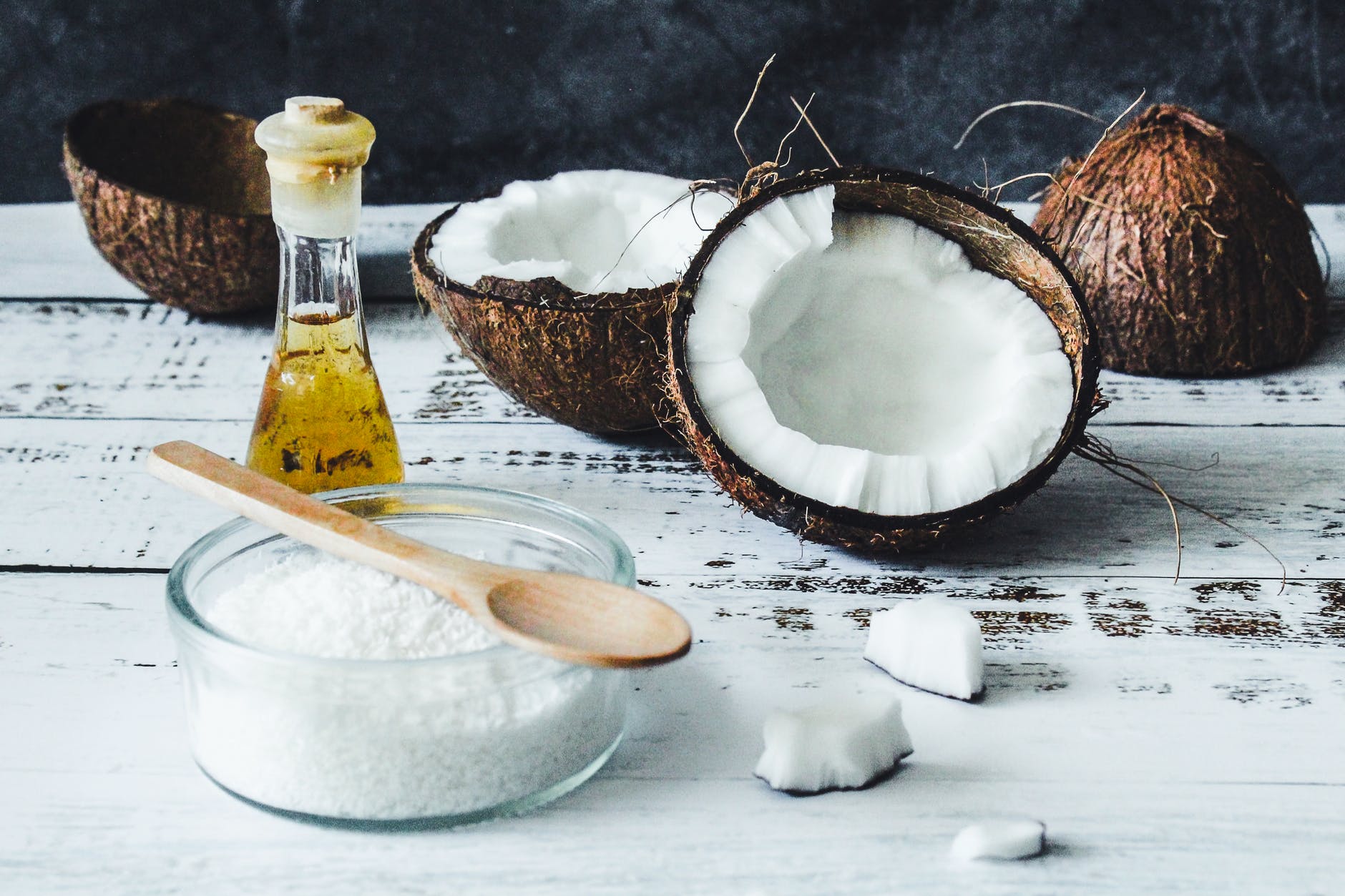
Oil from coconuts, such as coconut oil. It is one of many versatile oils, and it’s also great for the skin. Coconut oil penetrates hair deeply without evaporating. Coconut oil is rich in quality nutrients that are essential for healthy hair. Coconut oil is available in different varieties, such as raw, unrefined, and extra-virgin.
Good for all hair types but beneficial for dry, damaged, or dull hair. Coconut oil is a great hair product for people with brittle hair or thin, sparse hair.
Benefits of Coconut oil protects against heat damage, repairs damaged and broken hair. It also helps prevent hair loss and promotes healthy hair growth and a healthy scalp. Coconut oil helps protect and nourish hair by adding a beautiful, healthy shine. Additionally, oils with a pleasant smell, such as coconut oil, work wonders on hair.
How to use it: Use organic coconut oil whenever possible. Heating oils like the more liquid jojoba, grapeseed, and olive oils will make them easier for hands. If your hair is oily: Apply coconut oil to your hair, excluding the roots. If you have a dry scalp: Apply coconut oil to both. Allow the oils to rest on your hair for a minimum of 30 minutes before washing with an alcohol-free shampoo. If you want to avoid chemicals in your beauty products, try using oils such as coconut for everyday beauty needs. Jojoba or grapeseed can be used directly on the skin.
2. Argan Oil
Argan is derived from the nuts of argan trees. Our curly hair thrives with the added nutrients that argan oil can provide, but it also has many protective qualities. We were hyperextended to an unacceptable degree due to its rich golden color. For those who want to avoid chemicals, coconut oil is a great option for DIY hair recipes.
Ideal for: If you are looking to improve the health of your hair, here is a list of some natural oils that work great for all hair types.
Benefits: The healthiest way to protect hair against UV rays and heat is with argan oil. Not only do natural oils reduce the need for harmful chemicals, but they also make your hair look and feel better.
How to use it: Argan oil is a viscous, room-temperature product that can be used directly on the skin and hair. Coconut oil will leave your hair greasy and dirty after a few uses, but other oils can be as frequent. Put a drop in your hands, then rub them together and apply to the hair. Avoid applying it near the roots. When applied to dry or damp hair, argan oils can provide an effective anti-frizz treatment.
3. Jojoba Oil
Scarcely found in nature due to overharvesting, jojoba oil is created from the oils of the jojoba plant. Jojoba oil is good for the hair because it shares many of the same properties as sebum, which our scalps produce naturally. The hair won’t interfere with the scalp’s natural balance. When used in moderation, jojoba oil is a great moisturizer. Jojoba oil also has antibacterial properties, essential for skin and hair.
Ideal for: If you want healthy hair, give these natural oils a chance!
Benefits: Jojoba oil moisturizes hair and prevents dry scalp, among other qualities that make it a good option for your skin as well.
How to use it: Jojoba can be melted and poured, heated and cooled, or mixed with other liquids. One way to use coconut oil for hair is to apply it as a leave-in treatment before shampooing your hair. These oils are great for both hair and skin.
4. Almond Oil
Almond oil is obtained from inside almonds. Almond oil is both good for cooking and the health of your hair. These oils are rich in proteins, fatty acids, Vitamin E, and magnesium that help reduce hair breakage and facilitate growth. Almond oil is a nutrient-dense food that also possesses many benefits for hair health. For cooking or beauty care, all-natural almond oil is best, as there are no added chemicals.
Ideal for: Damaged hair, dandruff-prone hair, and slow-growing or receding hair.
Benefits: Almond oil can moisturize, seal and protect hair against breakage and loss—making it a worthwhile ingredient to use if you desire healthier hair.
How to use it: Almond oil is viscous at room temperature, so it should be warmed first before rubbing into the scalp. You can apply it overnight and wash it off in the morning. You can also rub almond oil into damp hair after you shampooing to restore moisture and prevent breakage. Rub a few drops into dry hair. Combing your hair through and letting it air dry gives it a natural shine and makes it tangle-free.
5. Olive Oil
The oil that comes from pressing olives has moisturizing and protective properties as well. Olive oil is great for hair because it coats the shaft and shields keratin. It can prevent dry scalp when combined with lemon juice. Olive oil, when used regularly, can replace the need to use conditioner and other hair-smoothing products. Coconut, argan, jojoba, almond, and olive oils are excellent hair care products because they do not contain chemical ingredients.
Ideal for: Damaged, dull, dry, or frizzy hair, as well as dandruff-prone hair.
Benefits: Olive oil protects against heat damage, imparts a sleek look and shine, moisturizes, and gives damaged or broken hair a healthy appearance.
How to use it: Olive oil can be used as a weekly hair treatment on either use one or two tablespoons of olive oil before drying or dampening. Use a shampoo alternative as often as you would for normal hair. After sitting with the oil in your hair, rinse it out with cool water. When used with lemon juice every other week, olive oil is also great at fighting dandruff. For this natural treatment, mix a few tablespoons of water with olive oil and lemon juice. Rub it in the scalp for 20 minutes before shampooing out.
6. Grapeseed Oil
Grapeseed oil is a natural emollient with antioxidants and nutrients crucial for healthy hair growth. The lightweight grapeseed oil is proven to work well on brittle and weak hair, as well as hair loss. It is effective at fighting dandruff and dermatitis, as well as helpful for regrowing hair. Coconut oil is also used to minimize heart problems. For both cooking and skincare, the best type of oil to use is pure grapeseed.
Ideal for: If your hair is dry, brittle, and prone to getting greasy or you are experiencing hair loss, this oil is effective.
Benefits: Grapeseed oil moisturizes, conditions, and strengthens hair. It is effective in treating frizz and split ends. As people are more open about the qualities of organic foods and GMO-free, so too have their beauty standards followed. Additionally, it blocks the production of DHT, a hormone that causes hair loss. Grapeseed oil is rich in Vitamin E, which promotes the production of linoleic acid and helps strengthen and restore shine to unhealthy hair.
How to use it: Grapeseed oil is ideal for frequent use. It also has no odor. To use as a deep conditioning treatment, cover all your hair and scalp in a few tablespoons of grapeseed oil and leave. Rinse your hair with cold water to reduce frizz and seal in moisture. For dandruff, rub the oil directly into the scalp and let it. Try coating your hair in grapeseed oil before bed. This is often too heavy for daytime use. One of the best hair oils for all skin types is grapeseed oil. This natural ingredient has many qualities that can benefit a person’s appearance.
7. Lavender Oil
Lavender oil, from the lavender flower, is an essential oil. Studies have shown that lavender has been found to promote hair growth. It increases the number of hair follicles on the head, resulting in fuller and thicker hair. It also has antimicrobial and antiseptic qualities. Opt for some natural oils, such as coconut, olive, and grapeseed. Lavender oil, used on the scalp, causes hair follicles to grow more deeply.
Ideal for: All hair types, with an emphasis on those who have oily roots and dry scalp.
Benefits: Lavender oil is effective for promoting hair growth without the side effects of other topical hair growth products. Coconut oil, for example, prevents hair loss by moisturizing the scalp and balancing sebum production. It also helps people with thinning hair grow fuller. Lavender and lemongrass oils also provide many benefits for the hair, including stress relief. Lavender oil has a pleasant aroma and provides additional.
How to use it: As more people adopt healthier lifestyles, eating organic and GMO-free foods, so does the use of beauty products. Massage onto the scalp and throughout hair. Rinse hair and apply to dry hair. When a container is finished, rinse your hair with shampoo. You can add a few drops to your hair care products for moisturized and great-smelling hair.
8. Lemongrass Oil
Lemongrass oil is derived from an herb in the Poaceae family. If you’re in need of hair vitamins and minerals, try using one of these natural oils. Lemongrass oil is great for treating a variety of hair and scalp issues. Lemongrass essential oil can reduce and prevent hair loss.
Ideal for: Coconut, argan, jojoba, almond, and olive oils are some of the best for hair health. Best for dry scalp and dandruff.
Benefits: Lemongrass oil, which has antifungal and antiviral properties, can be used to soothe dry scalp and dandruff. Lemongrass can inhibit dandruff caused by yeast and prevent hair loss. Along with looking healthy, it also leaves hair shiny and manageable. It also has a pleasing aroma and is known to combat stress.
How to use it: Add ten drops of lavender oil to your bottle of shampoo or conditioner. If you avoid using carrier oils such as coconut or olive, then never apply essential oils to your scalp or skin.
Check out these great oils to try in your hair!
When trying to incorporate all-natural oils into your hair care regimen, you need a few things addressed. It is common knowledge that if you want healthier, shinier hair, all you have to do is add oils into your hair care routine. It is important to know how safely work with essential oils and the right proportion of oils for different hair treatments.
- Use high-quality, minimally processed oils. Whenever possible, use organic oils. These oils retain natural nutrients and do not include any chemical or unnatural ingredients.
- Check the ingredients. Read the label for any unnatural or synthesized ingredients. When buying any type of oil, always check the package or ask a store clerk to make sure they are 100% natural.
- Thinking about your hair type may help you to determine which oil is best for you. While different oils have a distinct smell, they each possess unique properties that are good for the skin and hair. Do not be afraid to try and find natural oils that work for you. As you use certain oils more often on your hair, it will become shinier and healthier-looking.
- When using essential oils on skin or hair, always dilute them with a carrier oil before using them on your scalp or hair. If you want to use them on your skin, try a small portion of the oil before applying it fully, especially if that item isn’t usually used.
- Use in small amounts, as oil is often greasy. When washing your hair after you have used a natural oil as a treatment for your hair, always use an alcohol-free shampoo to thoroughly clean the grease.
Benefits of Using Natural Oils in Hair
If you are trying to avoid chemicals, these natural oils offer a green way of caring for your hair. Substituting natural oils for other products is great not only for your hair but also for the environment in general since it reduces exposure to harmful chemicals. Coconut, argan, jojoba, almond, and olive oils are popular natural options for hair care.
- Stimulates hair growth
- Combats dry scalp and dandruff
- It helps prevent and remedy heat and styling damage.
- Adds shine
- Nourishes hair
- Prevents oily hair
- Better for the environment
- Reduces exposure to chemical and other non-natural ingredients
Hair Types and the Best Oils for Each
If you are trying to avoid chemicals or want to experiment with new hair care products, consider using oils such as coconut, argan, jojoba. Most people need to experiment with different combinations of oils and hair treatments, so it’s key to find what works for you.
Dry, dull hair: coconut oil, argan oil, jojoba oil, almond oil, olive oil, grapeseed oil
Dry scalp: jojoba oil, lavender oil, lemongrass oil
Damaged hair: coconut oil, jojoba oil, almond oil, olive oil
Hair loss: almond oil, grapeseed oil, lemongrass oil
Dandruff-prone hair: jojoba oil, almond oil, olive oil, grapeseed oil, lemongrass oil
Slow-growing hair: coconut oil and almond oil

